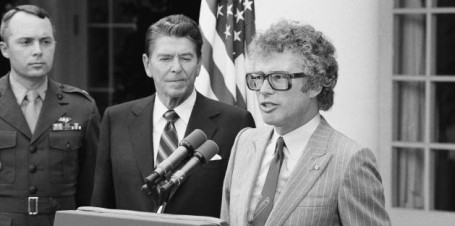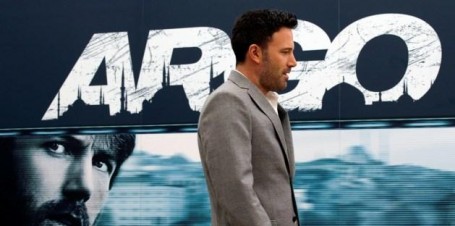Cooper posted a blog post on the German Development Institute webpage: Recalibrating The G20 in the Aftermath of Saudi Arabia’s Summit: Testing a Secretariat!
Recalibrating The G20 in the Aftermath of Saudi Arabia’s Summit: Testing a Secretariat!
The Populist Challenge and the Domestic Turn in Diplomacy
Cooper was asked to do the 1st blog for the Hague Journal of Diplomacy on populism and diplomacy. The blogpost could be seen here: The Populist Challenge and the Domestic Turn in Diplomacy
Examining South Korea’s Global (Psy)chology As A Mix Of High Ambition And A Sensitive Legacy
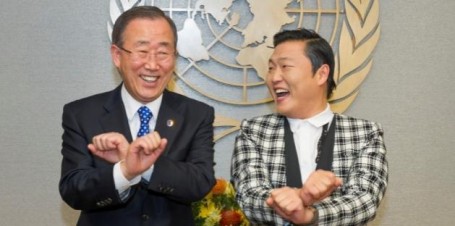
First published on 18.11.2012. In many ways the Republic of Korea (or South Korea) is on a roll in terms of its positive global image. In soft power terms, it has found an unlikely source of attraction in Psy —…
The Presidential Race Was No Contest On The Celebrity Scorecard
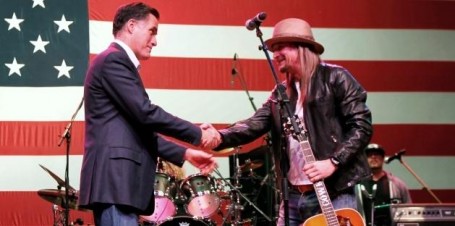
First published on 10.11.2012 Nate Silver enhanced his already impressive reputation by his prediction in his FiveThirtyEight forecast that President Barack Obama had a 90.9 % chance of winning last week’s US election (NY Times, Nov. 10). In quantitative terms,…
Argo As A Lens Into Perceptions Of The Canadian Role In The World
Where Does Individual Agency Come From In International Relations? Is Argo Reality? (part 1)
Leader’s Tweets Offer A Distorted Tip In Assessing eDiplomacy
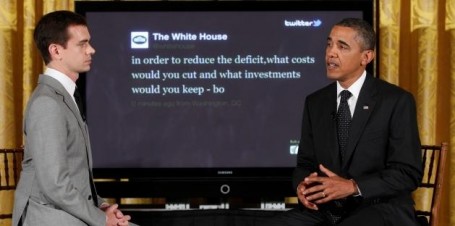
First published on 17.09.2012. Publications sometime hit on an important topic that leaves more questions than answers. A good illustration is the release over the summer of a study from the PR firm Burson- Marsteller on “Twiplomacy.” How diplomats respond…
A Long Apprenticeship Distinguishes Successful Celebrities Turned Politicians
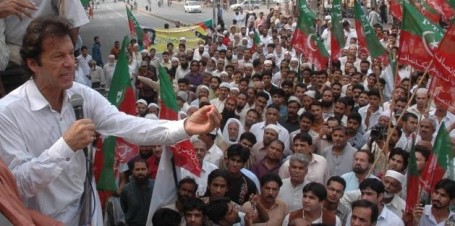
First published on 09.09.2012. The relationship between celebrities from the entertainment/sports world and politics is fraught with difficulty. Celebrities have been drawn repeatedly into political life on a global basis. Yet an image remains of unpredictability and under-performance. When Clint…
How Should We Mark The Brics In Terms Of Artistic Expression?
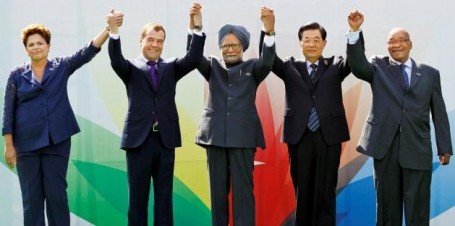
First published on 07.08.2012. There is an ongoing debate about the logic of using acronyms for clustering ascendant or rising states. The BRICS – a concept originally formulated by Goldman Sachs as BRICs (Brazil, Russia, India and China) and translated…
London Olympics
First published on 25.07.2012. The political dimensions of the London Olympics will be far more unpredictable than in previous years. Traditionally the divisions were rigid ones, based on Cold War rivalries or some other major fault lines of importance to…

